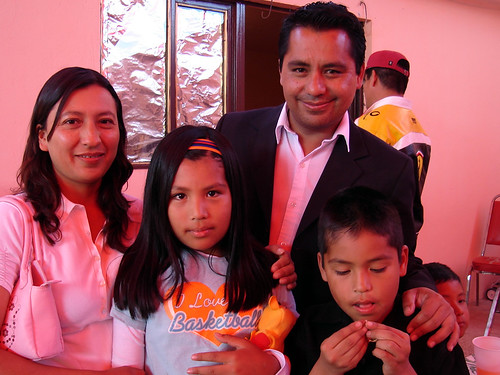Spain stalemate drags on as Pedro Sánchez’s socialist party loses crucial seat
Sanchez #Sanchez

Spain’s socialist party has suffered a setback in its efforts to form a new leftwing coalition government after this month’s inconclusive election as a count of overseas votes handed a crucial seat across to the opposition conservatives.
The result means the left and right blocs are now neck and neck as MPs prepare for a vote in congress that will determine who gets to govern.
The left’s hopes of remaining in power now rest even more firmly on Junts, the centre-right Catalan pro-independence party led by Carles Puigdemont, the former Catalan regional president who fled Spain to avoid arrest over his role in the failed unilateral bid for independence almost six years ago.
Although the rightwing People’s party (PP) won the snap election, it fell well short of expectations and only narrowly beat the Spanish Socialist Workers’ party (PSOE), led by the acting prime minister, Pedro Sánchez.
Faced with another hung parliament, the PSOE had appeared to be the major party most likely to be able to cobble together the parliamentary numbers to win an investiture vote. But the overseas vote, which was counted and factored into the overall result on Saturday, means the right and the left bloc now each have 171 seats in the 350-seat congress.
Should the small Canarian Coalition party ditch its stated aversion to supporting any PP government that includes the far-right Vox party, the right bloc’s seat count could rise to 172.
Both blocs are now exploring their options as congress prepares to convene on 17 August. King Felipe VI will then meet party leaders to determine which candidate could win MPs’ backing to become the next prime minister.
That candidate would take part in an investiture debate followed by a vote that requires an absolute majority of 176 of the 350 seats in Spain’s lower house. If the candidate falls short of the 176 seats – as is likely to be the case – a second vote will be held 48 hours later in which a simple majority – more votes for than against – will suffice.
Should that fail to happen, MPs have two months to appoint a prime minister. When those two months are up, parliament will be dissolved and new elections called for the end of the year.
Carles Puigdemont’s Junts party wants an amnesty for those facing charges over the secession plan as a condition of supporting the socialists. Photograph: Gloria Calvi/AP
The new arithmetic means that the abstention of Junts will no longer be enough to see the PSOE and its partners in the new Sumar alliance into power through the second-round simple majority vote. Instead, Sánchez will need at least one Junts MP to vote for his coalition government.
Junts has made it abundantly clear that its support will come at a price. It has already called for an amnesty for those still facing charges over the secessionist push, such as Puigdemont, and for a binding referendum on Catalan independence.
skip past newsletter promotion
Sign up to This is Europe
The most pivotal stories and debates for Europeans – from identity to economics to the environment
Privacy Notice: Newsletters may contain info about charities, online ads, and content funded by outside parties. For more information see our Privacy Policy. We use Google reCaptcha to protect our website and the Google Privacy Policy and Terms of Service apply.
after newsletter promotion
The PSOE has made it plain that neither option is on the table and that any negotiations will be carried out in accordance with the constitution. Puigdemont appears to be biding his time and has said failure to reach agreement with his party could lead to another vote at the end of the year.
“If, six days ago, the provisional result had already placed us at the centre of conversation and speculation, with the final results at hand the position has become even starker: either Junts votes yes or the PSOE ends up facilitating the investiture of [the PP leader Alberto Núñez] Feijóo … or we go to the repeat of the elections,” Puigdemont wrote in a long tweet on Saturday. “Not enough time has passed to know what the two big Spanish parties will end up doing.”
Sánchez has already insisted that another election will not be necessary, saying he was “sure that our democracy can find a formula for government”. He has ruled out doing anything to facilitate a PP-led government.
The PP, which has repeatedly attacked Sánchez for what it sees as his cynical reliance on Basque and Catalan independence parties, has now said it is willing to talk to Junts “within the terms of the constitution”. But the PP’s potential coalition partners in Vox are unlikely to be in favour of any such negotiations.
The far-right party, whose rise was largely fuelled by the Catalan independence crisis, said it would take a firm line on regional independence should it enter government, adding it had “no doubt” that tensions in Catalonia would rise once more with the PP and Vox in power.